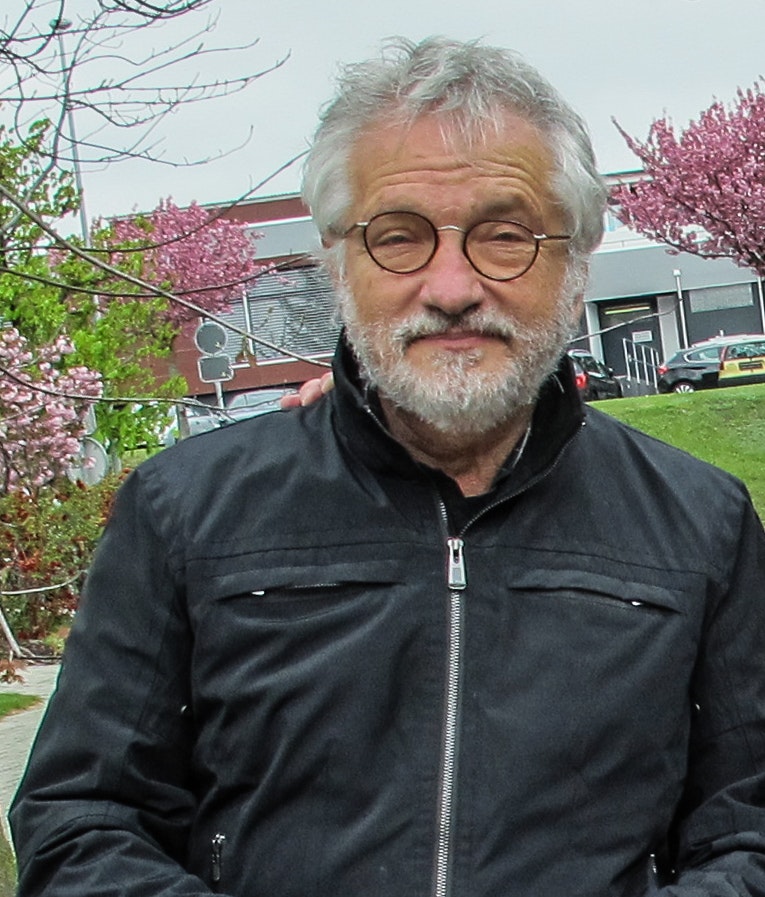Jeff Gonzalez, the Republican candidate, defeated his Democratic opponent, Jose “Joey” Acuna, by 5 % of the vote in the November election. Gonzalez succeeds Eduardo Garcia as the representative for Assembly District 36, which includes southeast Riverside County (including Garner Valley and Anza) and portions of Imperial and San Bernardino counties.
Similarly to AD 47, to the north, the Democratic candidate outspent the Republican opponent.
Acuna’s expenditures were more than 40% greater (nearly $600,000) than Gonzalez’s expenses, which totaled $1.4 million. But Acuna spent almost $2 million.
Gonzalez
The new Assemblyman’s largest contributor was obviously the California Republican Party, which sent slightly more than $825,000 to his coffers. Most of this, nearly $600,000, was considered a nonmonetary contribution.
Nevertheless, Gonzalez’s three largest contributions, two greater than $100,000 and one of $100,000, came from the state Republican Party.
He also received more than $170,000 from four County Republican organizations – Imperial, Sacramento, Sonoma, Tulare and Yuba. The largest donor was the Sacramento Republican Party, which sent $101,000 south to Gonzalez. He had 16 contributions of $9,000 or more and all were from Party entities.
The largest nonpolitical contribution was $5,500 and he received 16 for this amount. These contributors included the Riverside Sheriff’s Association and the California Peace Officers PAC as well as several PACs for home builders and contractors.
In total Gonzalez reported 365 separate donations, of which 273 were for $1,000 or less. Of these, 88 were for less than $100.
Of these contributions, 14 came from outside of California. The total of the non-California contributions was $15,800, about 1% of Gonzalez’s total contributions. The largest was $5,500 from DaVita, a healthcare company, in Colorado. Most came from Arizona donors and totaled $750.
Acuna
Nearly 60% of Acuna’s $2 million in contributions came from California Democratic Party entities. The State Democratic Party was the largest contributor, sending $1 million to him. Actual cash was only $439,000, the other $600,000 was considered non-monetary contributions.
The Riverside and Los Angeles Democratic parties also contributed another $180,000 to his campaign chest.
Acuna did receive 11 contributions of $10,900 from various union and employee organizations, such as the American Federation of State, County, and Municipal Employees, SEIU United Healthcare Workers West PAC, United Food and Commercial Workers Western States Council Candidate PAC. Another two contributions of $10,900 came from the California Real Estate PAC for a total of $21,800.
There were 73 contributions between $7,500 and $5,000. One hundred and forty-one contributions were for $1,000 or less and totaled $52,000.
Acuna received 17 contributions, totaling $37,000, from outside of California. Of these, the largest were two from the United Food and Commercial Workers PAC totaling $9,000. United Parcel Service also contributed $6,500 to his campaign. The International Brotherhood of Electrical workers also gave $4,500.
So, the greatest number and amount of non-California contributions were from PACs headquartered in Washington, D.C. But there were some contributions from other states, such as Alabama, Maryland, New York and Texas.




